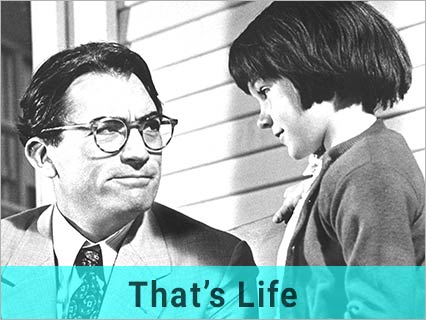Are Google, Alexa, Siri, and their friends helping us reach our brains’ saturation points?
30 Mar 2024
Dear LPG,
I recently wrote a somewhat complaining message pointing out that buying something online comes with its anguish. Still, once it is finally delivered, that moment where you open the box and reach in with positive anticipation often changes into one that brings back the memory of first turning over your school or college exam paper when you see the complexity of the instructions (►►►).
I have to say that I have had a recent experience with it, and I find one way to get such a grievance out of my system is to tell all my friends about it. Even though LPG does an excellent job of keeping our messages anonymous, my best friend read that and knew that it had to be my work. She went on to say that she felt that there was something that I forgot to say.
Perhaps the point has been made before, but she reminded me that the shops where you can demonstrate such things are fast disappearing. The few left don’t appear to have that much knowledge about what they are selling if you can find anyone available to talk to you. I wonder if you have approached a sales assistant in an electrical shop, asking a question only to watch him go to the computer and read what it says about the product.
With some help, I could do that at home, which now defeats the object of even trying to research the best version of the thing you buy before it arrives. When you find it on the internet, if you try phoning for more information, you usually get the same result as the advisor you talk to, who does their best to paraphrase what you have read about the product in its online description.
I always accepted that perhaps as I get older and more out of touch with the workings of the gadgets that we all still feel that we need, the instructions get more complicated for my old brain to understand. Still, it is often the case that the nearest thing to an expert I can talk to has similar problems.
I find myself asking Google to help me recall so many details that perhaps I should know. Still, I feel somewhat justified because it is accepted that we older people are a bit out of touch, not to mention our susceptibility to memory loss and even dementia. But my grandson and many of the owners of young enquiring minds also accept that knowing where to find such information online is as essential as having such facts at your fingertips. So, even though our older brains are likely to become somewhat forgetful, Google also gives the younger brains an excuse to avoid retaining some of the basics. My children have ensured that I have an Alexa smart home, and while I know that is what it’s there for, the number of times I call on that electronic personal assistant increases more and more daily.
Gone are the days when knowing the difference between right and wrong, having a general understanding of the contents of the Encyclopedia Britannica, and having a more detailed knowledge of your chosen interests and what got you through your working days was all you needed to know.
Perhaps this is nature’s way of telling us that, as a global community, we have passed the brain saturation point of no return regarding how much we can keep in mind…
FB, Lewisham







